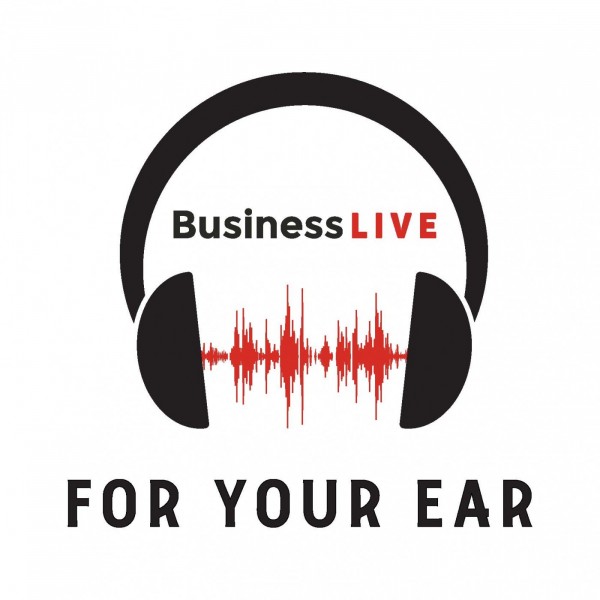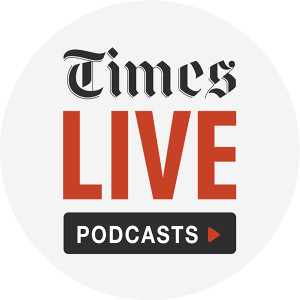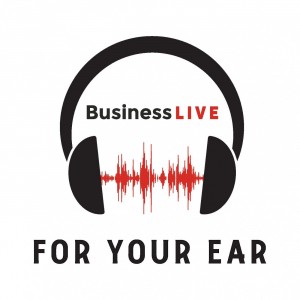
Fear about vaccine safety rises as race to develop Covid-19 shot gains speed
Loading player...
Brussels/London — The frenetic race to develop a Covid-19 vaccine has intensified safety concerns about an inoculation, prompting governments and drugmakers to raise awareness to ensure their efforts to beat the coronavirus are not derailed by public distrust.
There are more than 200 Covid-19 vaccine candidates in development globally, including more than 20 in human clinical trials. US President Donald Trump has vowed to have a shot ready before the end of 2020, although they typically take 10 years or longer to develop and test for safety and effectiveness.
In the drive to find a potential Covid-19 vaccine, “fast is good for politicians,” said Heidi Larson, who leads the Vaccine Confidence Project (VCP), a global surveillance programme on vaccine trust. “But from the public perspective, the general sentiment is: ‘too fast can’t be safe’,” she told Reuters.
Regulators around the world have repeatedly said speed will not compromise safety, as quicker results would stem from conducting in parallel trials that are usually done in sequence.
However, these reassurances have failed to convince many, including in Western countries where scepticism about vaccinations was already growing before the pandemic.
Preliminary results of a survey conducted over the last three months in 19 countries showed that only about 70% of British and US respondents would take a Covid-19 vaccine if available, Scott Ratzan, co-leader of ‘Business Partners to Convince’, told Reuters.
Business Partners to Convince, a US-UK initiative that is partly government funded, conducted the survey jointly with VCP and the results were broadly in line with a Reuters-Ipsos poll of the US public in May.
“We just see this distrust growing against science and government,” said Ratzan.
“We need to address legitimate concerns about the rapid pace of development, political over-promises and the risks of vaccination.”
The VCP/Business Partners’ survey, expected to be published in a few weeks, will also show that Chinese participants were the most trusting of vaccines, while Russians were the least so, Ratzan said.
Drugmakers and governments had hoped the scale of the Covid-19 crisis would allay concerns about vaccines, which they see as crucial to defeating the pandemic and enabling economies to fully recover from its impact.
Vaccine hesitancy — or the reluctance or refusal to be vaccinated — is also known as “antivax”, a term that is sometimes associated with conspiracy theories when often it simply reflects many people’s concerns about side-effects or industry ethics.
In ...
There are more than 200 Covid-19 vaccine candidates in development globally, including more than 20 in human clinical trials. US President Donald Trump has vowed to have a shot ready before the end of 2020, although they typically take 10 years or longer to develop and test for safety and effectiveness.
In the drive to find a potential Covid-19 vaccine, “fast is good for politicians,” said Heidi Larson, who leads the Vaccine Confidence Project (VCP), a global surveillance programme on vaccine trust. “But from the public perspective, the general sentiment is: ‘too fast can’t be safe’,” she told Reuters.
Regulators around the world have repeatedly said speed will not compromise safety, as quicker results would stem from conducting in parallel trials that are usually done in sequence.
However, these reassurances have failed to convince many, including in Western countries where scepticism about vaccinations was already growing before the pandemic.
Preliminary results of a survey conducted over the last three months in 19 countries showed that only about 70% of British and US respondents would take a Covid-19 vaccine if available, Scott Ratzan, co-leader of ‘Business Partners to Convince’, told Reuters.
Business Partners to Convince, a US-UK initiative that is partly government funded, conducted the survey jointly with VCP and the results were broadly in line with a Reuters-Ipsos poll of the US public in May.
“We just see this distrust growing against science and government,” said Ratzan.
“We need to address legitimate concerns about the rapid pace of development, political over-promises and the risks of vaccination.”
The VCP/Business Partners’ survey, expected to be published in a few weeks, will also show that Chinese participants were the most trusting of vaccines, while Russians were the least so, Ratzan said.
Drugmakers and governments had hoped the scale of the Covid-19 crisis would allay concerns about vaccines, which they see as crucial to defeating the pandemic and enabling economies to fully recover from its impact.
Vaccine hesitancy — or the reluctance or refusal to be vaccinated — is also known as “antivax”, a term that is sometimes associated with conspiracy theories when often it simply reflects many people’s concerns about side-effects or industry ethics.
In ...

